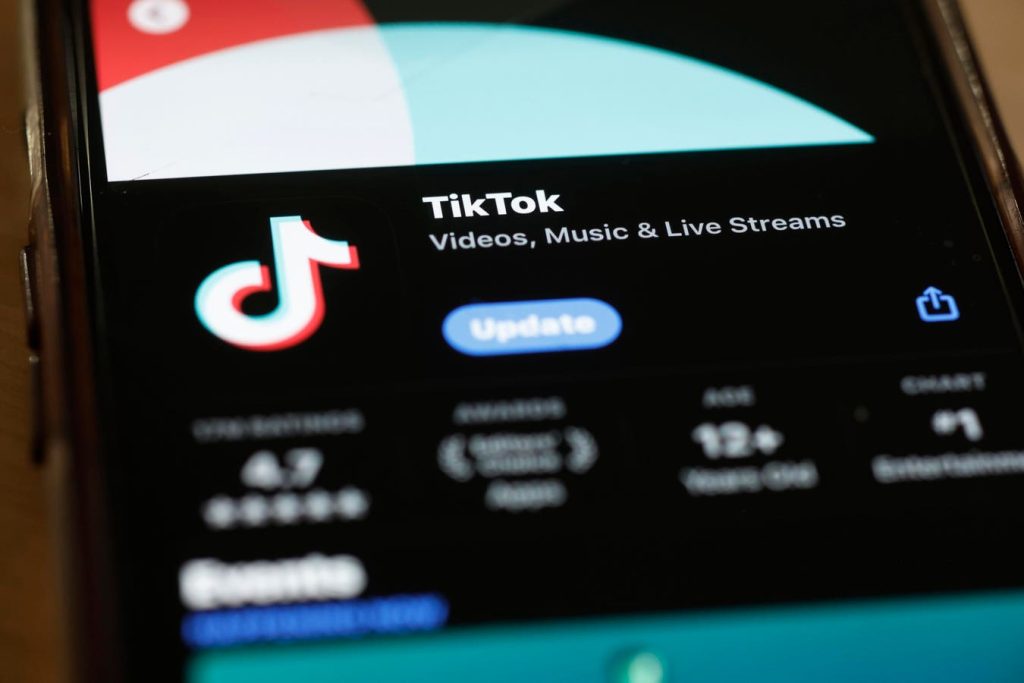TikTok Ban Upheld: App Faces Removal from US App Stores as Court Sides with National Security Concerns
The US Court of Appeals for the DC Circuit has delivered a significant blow to TikTok, upholding the constitutionality of a law mandating its removal from Apple and Google app stores by January 19, 2025. This decision effectively bans the popular social media platform from operating in the United States unless its parent company, ByteDance, divests its ownership by the deadline or President Biden grants an extension. The ruling marks a pivotal moment in the ongoing debate surrounding national security concerns related to the Chinese-owned app.
The court’s decision leaves Apple and Google with little choice but to comply with the law, despite the unprecedented nature of the ban. Executives at both companies have been grappling with the logistical implications of removing TikTok, which boasts hundreds of millions of downloads globally on Apple’s App Store and over a billion on Google’s Play Store. Key concerns include preventing access for foreign visitors within US borders and addressing the potential for users to circumvent the ban through "sideloading," downloading apps from third-party sources. While there is speculation that an appeal to the Supreme Court could offer a temporary reprieve, both companies face the looming threat of substantial fines if they fail to comply with the January 19 deadline.
TikTok, in a statement, expressed its disappointment with the ruling and its intention to appeal, emphasizing the potential impact on free speech for its over 170 million American users. The company argues that the ban is based on flawed information and constitutes outright censorship. The legal battle centers around the Protecting Americans from Foreign Adversary Controlled Applications Act (PAFACAA), signed into law by President Biden in April 2024. This legislation arose from concerns among intelligence officials that the Chinese government could exploit TikTok to collect user data or manipulate information feeds. The Justice Department, in its defense of the law, cited reports of ByteDance sharing US user data with China, misleading lawmakers about its data practices, and surveilling journalists. These reports, cited by the court in its opinion, played a crucial role in the decision.
The unique structure of PAFACAA places the responsibility for enforcing the ban on Apple and Google rather than directly targeting TikTok. This approach aimed to leverage the tech giants’ compliance with US law, anticipating they would be less likely than a foreign entity to defy legal mandates. The decision now embroils these powerful corporations in the complex political and legal battle surrounding TikTok’s presence in the United States.
President-elect Donald Trump, who takes office one day after the deadline, faces a dilemma. Despite expressing a desire to "save TikTok," his options are limited. Congressional Republicans, concerned about potential leniency from a Biden administration, intentionally restricted presidential discretion within the law. This strategic move could ironically hinder Trump’s ability to intervene, even though his incoming cabinet includes staunch supporters of the ban.
TikTok’s legal path forward involves either requesting a rehearing by the full DC Circuit or appealing directly to the US Supreme Court. While both options face long odds, the Supreme Court’s interest in the case’s constitutional implications and potential impact on millions of Americans could lead to its consideration. Justice Amy Coney Barrett’s previous remarks suggesting reduced First Amendment protections for platforms influenced by foreign entities may also play a role.
The ramifications of PAFACAA extend beyond TikTok. Civil liberties advocates warn that the law could set a dangerous precedent for future platform bans, both domestically and internationally. Experts predict significant disruption to the global app economy if the ban takes effect. The ACLU has criticized the ruling as granting excessive power to the government to restrict online speech.
As its legal options dwindle, TikTok’s focus may shift towards political maneuvering, though its hopes for a reprieve from the incoming Trump administration appear increasingly tenuous. With prominent figures in Trump’s cabinet actively supporting the ban, the company’s lobbying efforts may face significant resistance. The case highlights the complex interplay of national security concerns, free speech rights, and international relations in the rapidly evolving digital landscape. The coming weeks will determine TikTok’s fate in the United States and potentially shape the future of online platform regulation.




